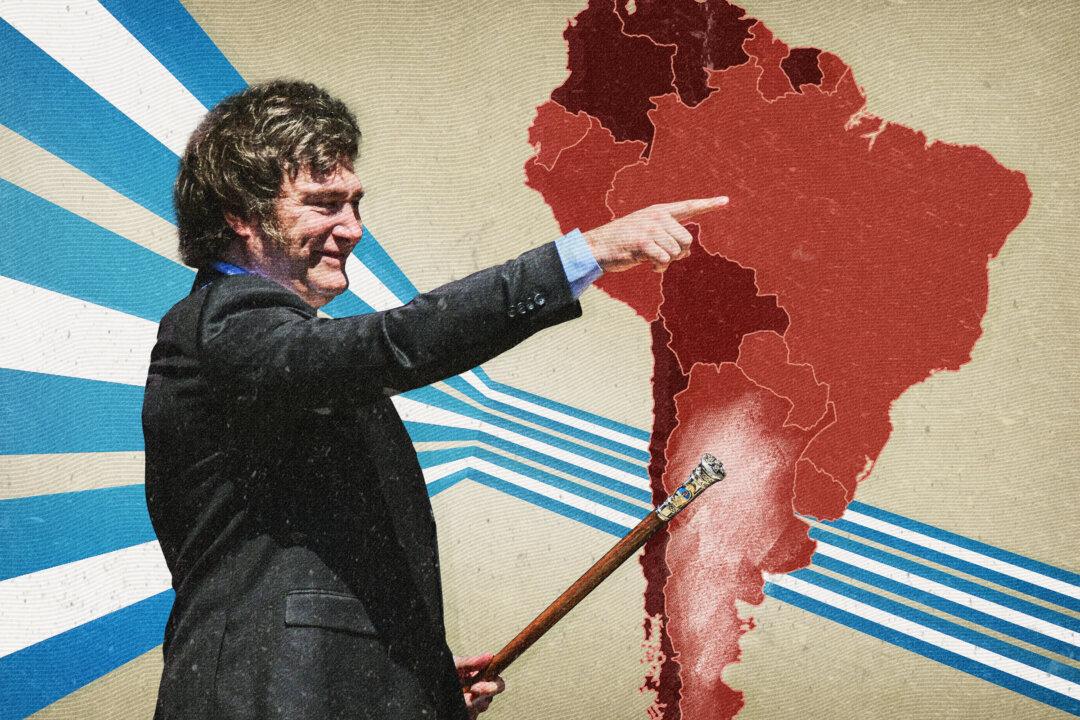Commentary
The managers of the World Economic Forum (WEF) think they are pretty clever. Under fire and pilloried the world over for pushing a “great reset” that no normal people want, they imagined that they would do a limited hangout this year.

The managers of the World Economic Forum (WEF) think they are pretty clever. Under fire and pilloried the world over for pushing a “great reset” that no normal people want, they imagined that they would do a limited hangout this year.